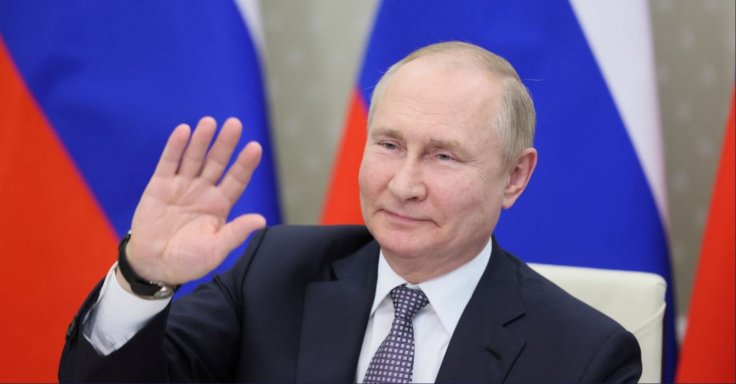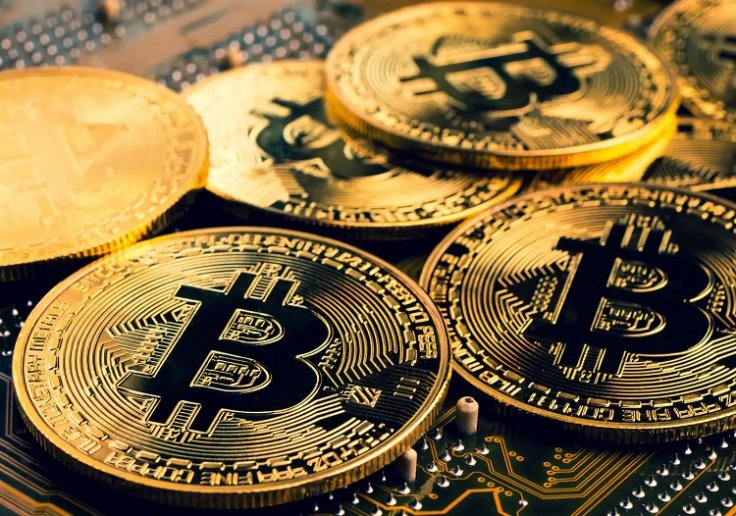Payments with digital assets are now banned in Russia under a new law. President Vladimir Putin has prohibited the use of cryptos, digital securities and utility tokens as means of payment.
Putin signed into law a bill that bars the use of digital financial assets in Russia. So far, the country has not regulated cryptocurrencies widely but in 2021 it introduced a new law on digital financial assets.

Payments With Digital Financial Assets Banned
The newly-introduced law also bans the use of utilitarian digital rights, which covers various tokens while DFA encompasses cryptocurrencies.
Regulatory Gaps To Be Filled
A new bill "On Digital Currency" will also be represented in a few weeks to cover the regulatory gaps.
The legislation approved now by Russia's head of state was filed with the State Duma, the Russian parliament's lower house, on June 7 by the Chairman of the Financial Market Committee Anatoly Aksakov, and adopted a month later. Until now, Russian law did not explicitly prohibit payments with digital assets, although "monetary surrogates" are banned and the status of the ruble as the only legal tender is enshrined, according to Bitcoin.com.

But there are still possibilities for cases of DFA payments that are envisaged in other laws. The newly-introduced law outlaws the exchange of DFAs for transferred goods, performed works, and rendered services.
Russia Could Legalize Small-Scale Crypto Payments in Foreign Trade
Due to Western sanctions harming the Russian economy, Moscow is considering giving formal approval and legalizing small-scale crypto payments in foreign trade, which can be promising for Putin's economy at a time when it's marred by sanctions.
The law also prohibits operators of exchange platforms to bar the any service which can lead to the use of DFAs to substitute the Russian ruble as a payment instrument, according to Bitcoin.com.
The law will be published in Russia's government gazette and after 10 days of publication will come into force.








